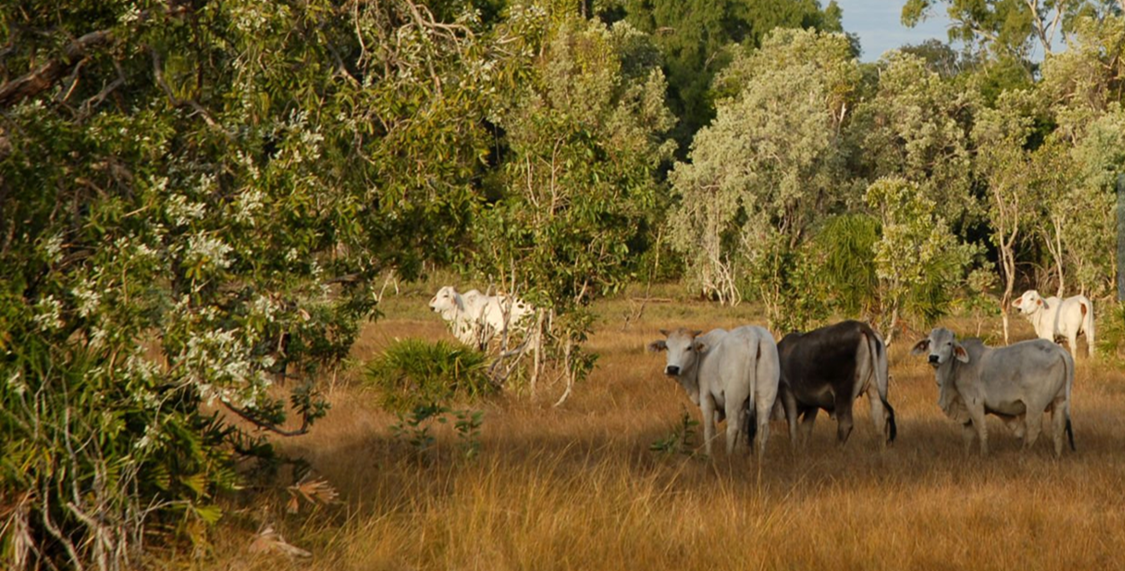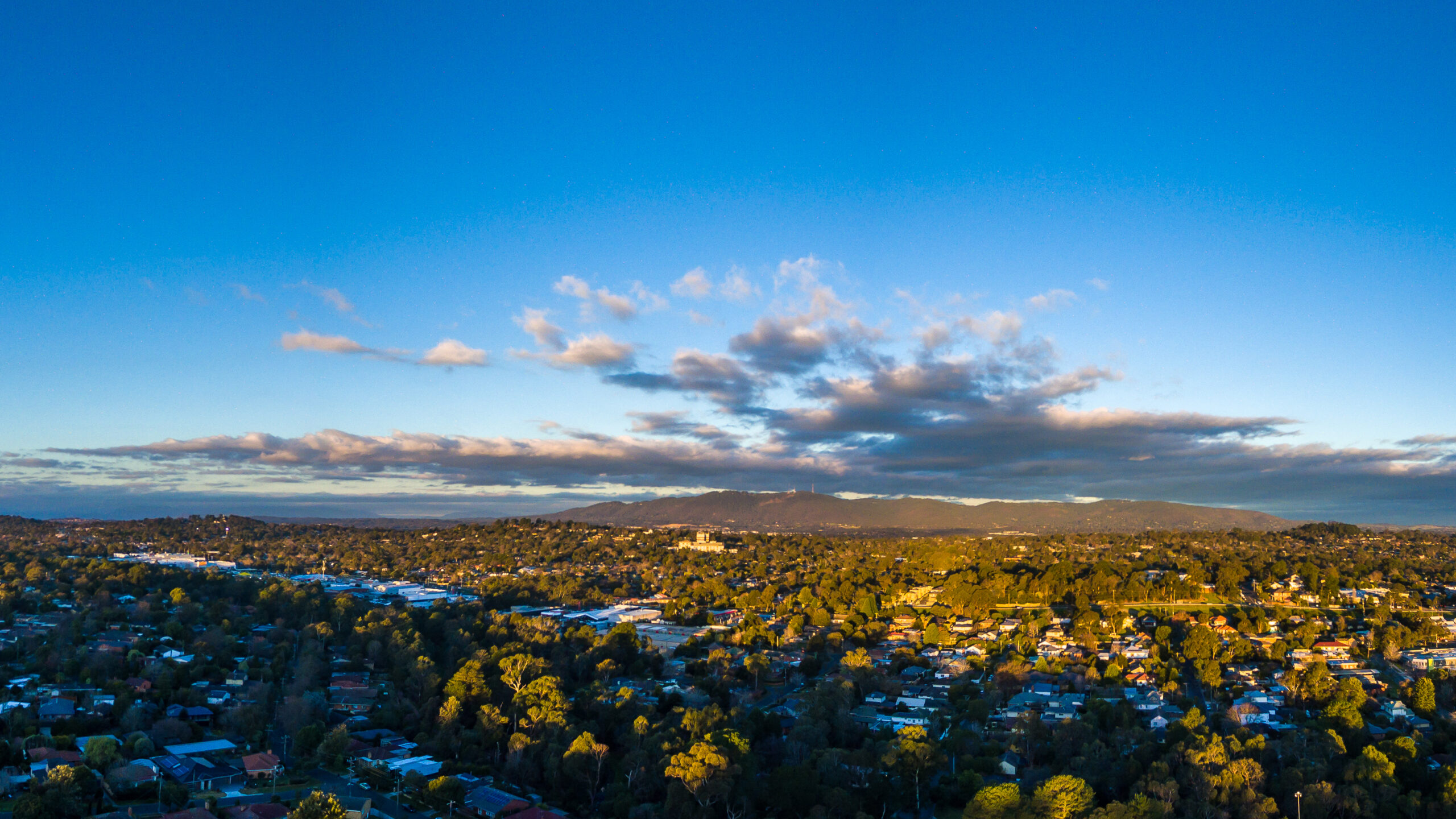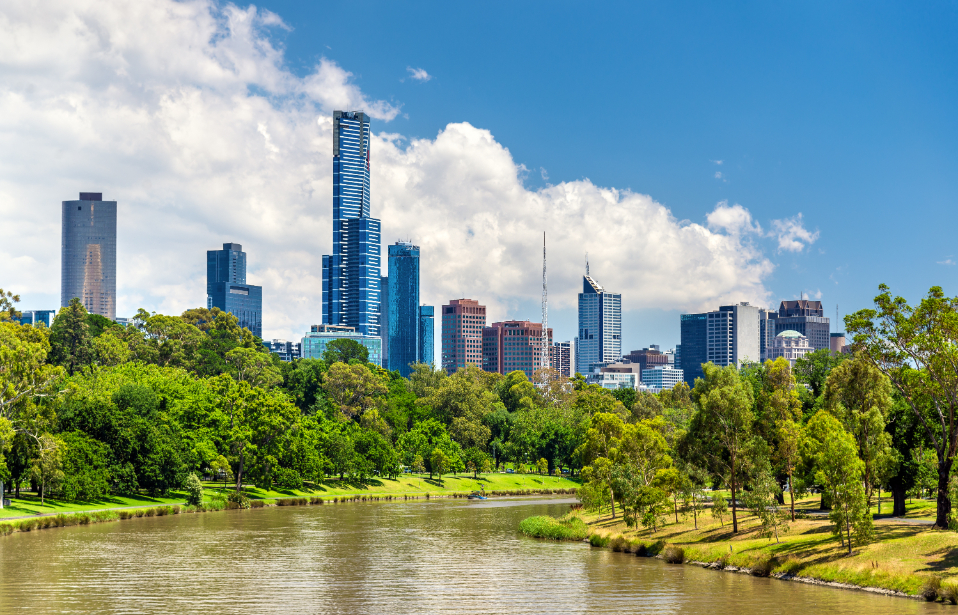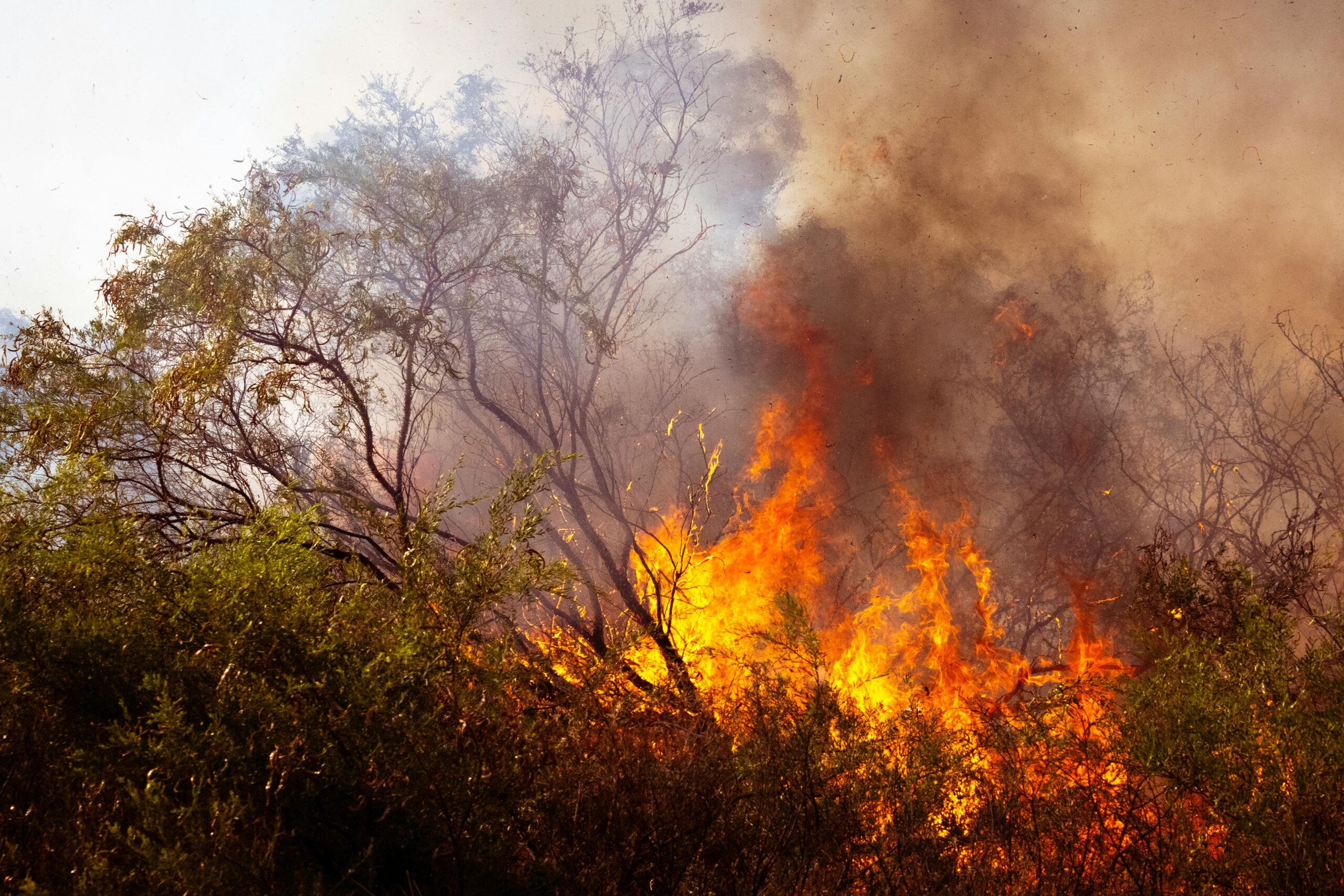Grazing Resilience and Sustainable Solutions (GRASS) program evaluation
We evaluated the legacy of the GRASS program’s first phase and assessed the effectiveness of systems for its second phase to ensure improved land management and better outcomes for the Great Barrier Reef.

The Grazing Resilience and Sustainable Solutions (GRASS) program was developed to address the challenge of land degradation in the Burdekin, Fitzroy, and Burnett Mary regions, which significantly impacts the Great Barrier Reef through increased sediment runoff. These areas face persistent challenges of soil erosion and loss of ground cover due to agricultural practices. Over time, this degradation has contributed to declining water quality in the Reef, exacerbating pressures on the local ecosystem.
The first phase of the GRASS program (2019-2022) aimed to improve land management practices among graziers by providing technical support and financial incentives for on-ground actions like fencing, installing watering points, and remediating gullies. Despite these efforts, there were concerns about the program’s long-term impact and the consistency of its delivery across the regions.
In response to these challenges, Mosaic Insights was engaged by the Office of the Great Barrier Reef and World Heritage (OGBR&WH) to conduct an independent evaluation of the legacy of GRASS 1 and assess the systems and processes in place for GRASS 2 (2023-2026). This review is focused on ensuring that delivery partners are meeting program objectives, identifying areas for improvement, and helping shape future program phases.
.


